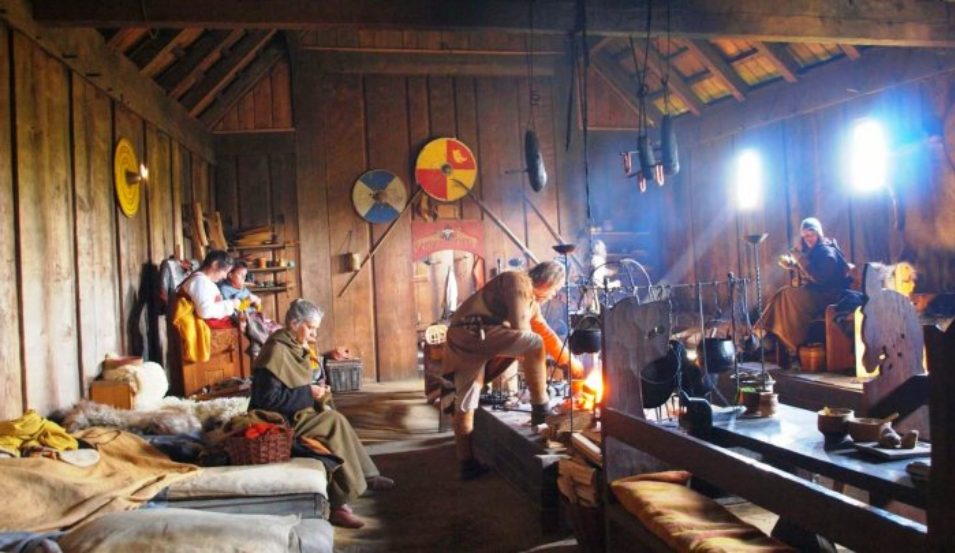Stanza 2 From Havamal:
Havamal is one of the most famous and nearly intact sources of Norse mythology and lessons surviving until modern times. The previous blog post has discussed the first stanza from Havamal which refers to live your life carefully, that's a way to love yourself first.
Before kicking off, Havamal means "the words of the High One" and probably the "High One" here is Odin the Allfather.
Hail, ye Givers! a guest comes;
say! where shall he sit within?
Much pressed is he who fain on the hearth
would seek warmth and weal.
While the first stanza is quite straight forward, this second one seems to be a little bit obscure. This is a continuity with the first stanza - when the guest comes and knocks at a strange door. The guest is warned to be cautious by looking all around the place where he is about to enter. And once he knocks at the door, someone will open it. That's the story in stanza 2.
The first thing to do when entering a strange house: greet the host. No matter what, they open the door to let him in. That's a common code of conduct that everyone must know.
"Rash" and "much pressed" do explain the feeling of the new guest. He is nervous and somewhat scared because he knows nothing about this place and all the people around. All he wants is something either to keep himself warm or fill his empty stomach.

Who puts the press on the guest? The answer, of course, is the host. But all the host wants to do is to "test the luck" of the newcomer.
In the modern context, we can easily see this happen. For example, in modern times, when we enter a job interview or a competition, the employers (host) will first provide the employees (guests) with a warm welcome to make them feel comfortable to talk. The next step is to measure whether this employee is suitable for the job or not.
So simply speaking, the stanza 2 is still a warning (or a piece of advice) for both the host and the guest. The guests should be cautious when talking to a stranger. Because chances are that they are being tested or being pushed to prove the luck one has. Be a wise and good guest and everything shall go with the flow easily.





Quite right and tru words to live by. You get what you give in the end and manners cost nothing but will buy alot.